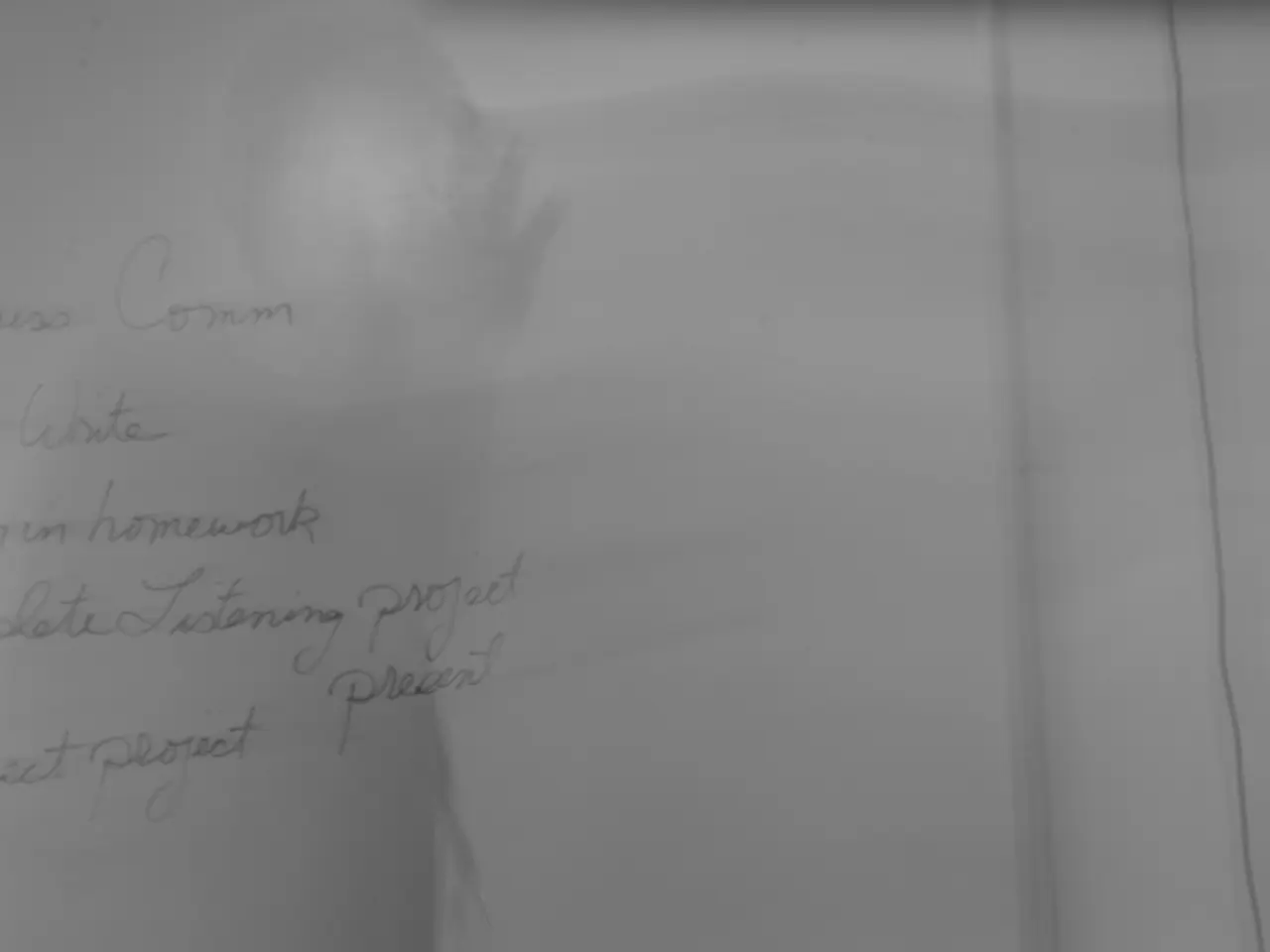Enhancing Your SCHUFA Rating: 11 Strategies for Upward Mobility
Maintaining a Healthy SCHUFA Score: A Guide for Consumers
Keeping track of your credit score is essential for managing your financial health, and in Germany, the SCHUFA score is the main tool used to assess creditworthiness. Here are some tips to help you understand and improve your SCHUFA score.
Free Annual SCHUFA Report
Every year, you have the right to request a free SCHUFA report to check your entry. This report will give you an overview of your credit history, including any loans, credit inquiries, and payment defaults.
Negative SCHUFA Entries
Negative SCHUFA entries can be caused by a revoked credit card or a closed checking account. To avoid such entries, it's important to manage your finances responsibly and maintain a good relationship with your bank.
Managing Overdraft Facility
While having an overdraft facility is not a problem in itself, it's better to agree on a more generous credit limit than to max out a small one every month or constantly exceed it.
Incorrect SCHUFA Entries
If you find incorrect or outdated entries in your SCHUFA report, you can contact SCHUFA Holding AG Customer Service Center and explain the matter in writing with attached documents. If SCHUFA refuses to delete or correct the entries, you can contact the SCHUFA ombudsman.
Data Retention at SCHUFA
SCHUFA stores data on trouble-free contracts, loans, credit inquiries, previous addresses, pledge protection accounts, basic accounts, data from debtor registers, consumer insolvency, debt relief procedure, rejected insolvency proceedings or denial of debt relief, and payment defaults. The retention period for these data varies, with some entries being removed immediately upon detection, while others are kept for up to 36 months.
Avoiding Negative Impact on SCHUFA Score
To avoid negatively affecting your SCHUFA score, it's recommended to make conditional inquiries instead of credit inquiries, limit yourself to one private and one business checking account, and stay loyal to one bank. It's also important to resolve payment defaults promptly and cancel unnecessary or outdated contracts.
Communicating with Creditors
Anyone can sometimes face a financial tight spot, but the key is to communicate openly with your creditors to prevent a negative entry with SCHUFA.
Identity Theft
If you notice an identity theft, you should report it for free to SCHUFA and have your data cleaned up.
New SCHUFA Score
SCHUFA is planning a new score that provides more transparency and reflects a creditworthiness prognosis using the reader's own data without any statistical expertise.
Consider Larger Loans
Instead of taking out many small loans, it would be better to consider a single larger loan.
Having Too Many Credit Cards
Having more than two credit cards can negatively affect your SCHUFA score as the SCHUFA might perceive it as a sign of financial problems.
Good Payment Record
Even a good payment record can improve your SCHUFA score. Pay bills punctually to maintain a positive credit history.
These tips should help you understand and improve your SCHUFA score. By managing your finances responsibly and maintaining a good relationship with your bank, you can ensure a healthy credit score and a bright financial future.
Monitoring your personal-finance situation is crucial for keeping a good SCHUFA score. Regularly checking your SCHUFA report online can help you find any errors or irregularities that may be affecting your finance status.
Maintaining a good payment record is essential for improving your SCHUFA score, especially since prompt bill payments contribute to a healthy personal-finance history.




